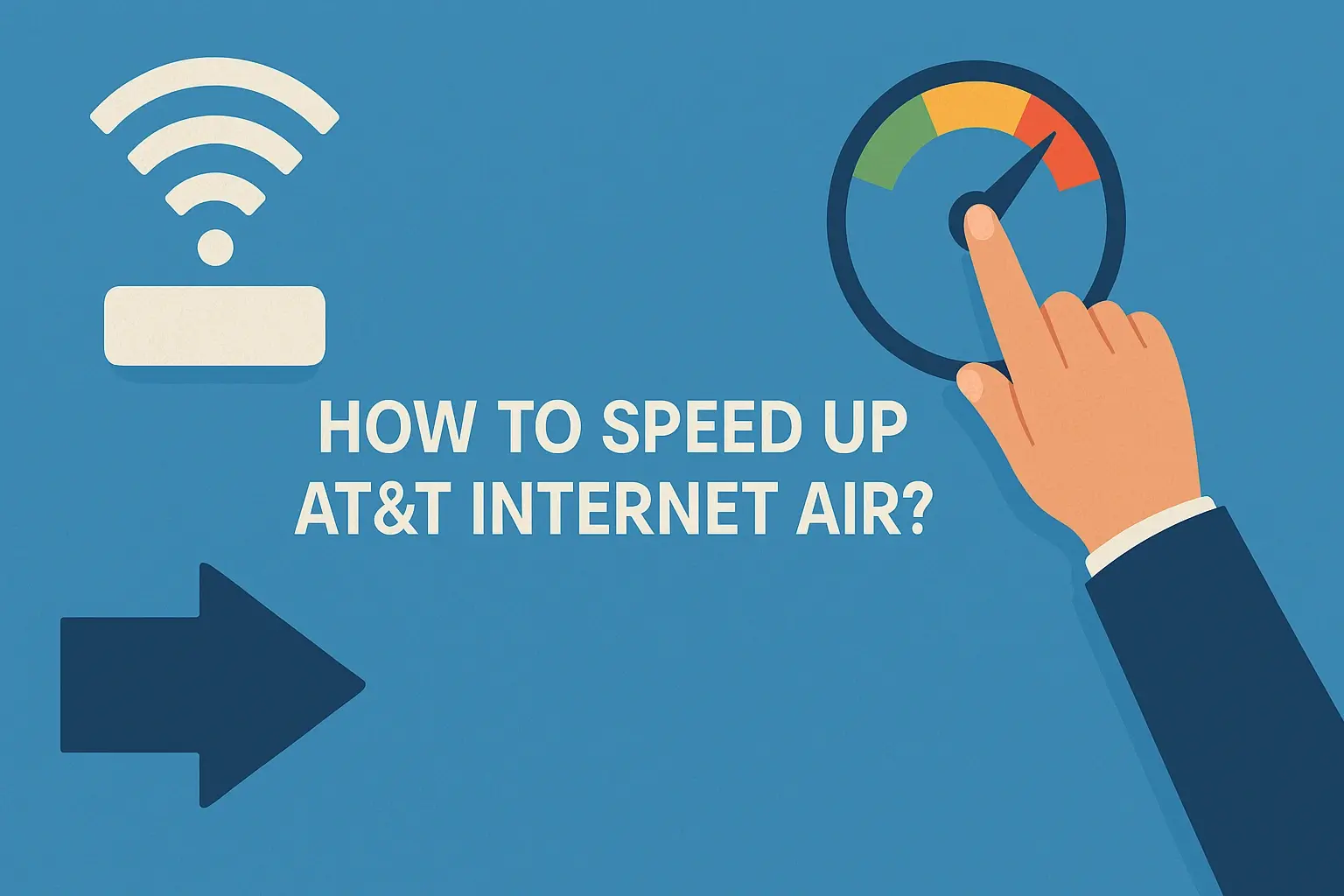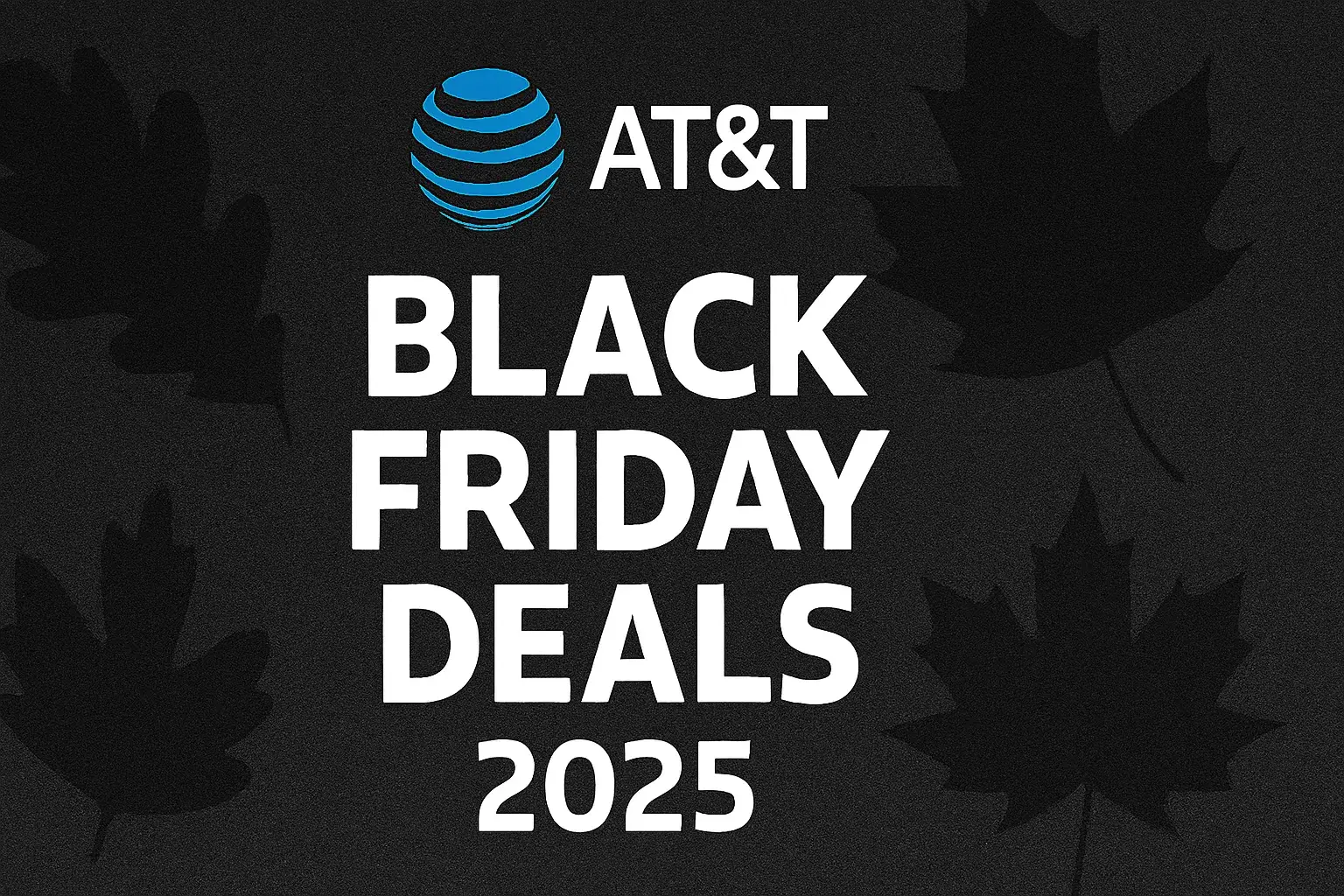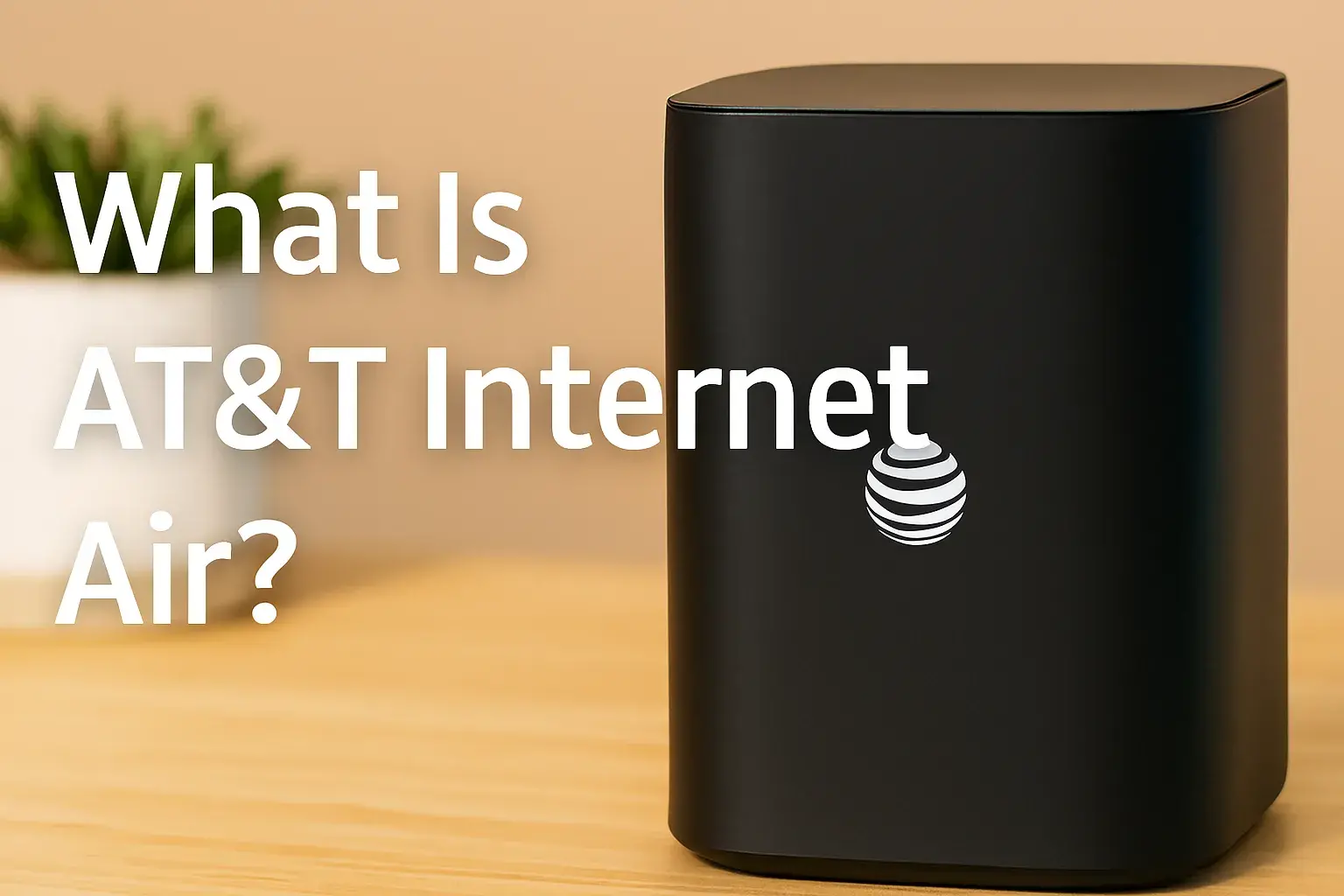Who is the #1 cell phone carrier?

Still, under strict regulation, the mobile phone business is sustained by the big national carriers. Regarding the issue of which of the two businesses may rightly be considered number one, one can determine the leader solely depending on whatever criteria define and quantify the market leadership. In almost all respects—including coverage, service quality, customer count, and sales— Verizon Wireless is the top participant in the wireless industry in the United States. Other carriers like AT&T and T-Mobile have strengths as well, hence they are often referred to as the best for certain consumers.
Verizon By The Numbers
But today, Verizon Wireless has the largest and the most dependable 4G LTE network in the United States; the network has penetration of over 2.4 million square miles and it covers more than 75% of the total population of the country. According to OpenSignal’s May 2022 report, Verizon provides users with the higher average download speeds of 53.8 Mbps and has the largest geographic availability for its network, thus being the most available network overall. It has taken Verizon a lot of resources and capital to provide such a broad stretch of high-performing areas.
Verizon as of Q3 2022 has more than 128 million wireless customers, which makes it one of the leading providers in this sphere. It has sustained the postpaid phone net addition rate in the third quarter adding 8000 subscribers. Verizon also ranks ahead of its competitors in maintaining wireless subscribers and average revenue per user or account ARPU of $48.84 per month up to Q3. This figure also depicts the fact that Verizon has strong brand loyalty, which together with its high pricing strategy.
In the third quarter of 2022, the total consolidated operating revenue reached over $35 billion for Verizon, which would leave competitors far behind. Out of this, consumer wireless services contributed about $18.2 billion only. There is no doubt that Verizon has remained one of the most competitively positioned wireless carriers, and its revenues and financials are unbeatable. The provider remains continuously efficient, generating roughly $22 billion in net income every year.
Based on these four fundamental indicators of network quality, number of subscribers, ARPU, revenue, and profitability, Verizon is still the industry leader in coverage and market share across the United States.
The Strengths of AT&T
Even though Verizon is barely number one, AT&T should be given its due to being a serious contender for the second position. Presently, having over 77 million mobility subscribers in the US, AT&T plans to double its total coverage rate in the next five years. While the total mobile users are different from Verizon, AT&T has the largest number of postpaid phone subscribers at 47.1 million which is important for consistent revenues in the long-term.
Furthermore, AT&T Internet has also focused on an update of the wireless plans by adding complexity to unlimited solutions and offering the HBO Max subscription as a bonus. These actions may make itself more attractive to the consumer compared to Verizon, which has seen the consumer shift their preference. Hence, there is AT&T has also performed well in the middle-wave 5G which is slower than the low-wave 5G but faster than the high wave. While lagging in its embrace of high-speed mmWave 5G, the carrier emphasizes density through mid-bands like C-Band.
Verizon may be more decorated and have a broader coverage area than AT&T but customers get a premium service together with appealing plan packages. For those customers who remain in cities and urban areas, the closest option to the reliable 5G service for fulfilling the mobile connectivity demand is AT&T.
T-Mobile’s “Un-Carrier” Approach
Although T-Mobile is still considered to be the third player on the market by most of the conventional measures, it is high time to speak about it as the company that provides unique value to the customers. The ‘Un-carrier’ claims that the company offers customers open choices without encumbers and confusing contracts and bills. Customers are attracted by the basic unlimited voice, messaging, and data services offered by T-Mobile since these services are presented without hidden charges. They are aimed at customer pain points such as being charged hidden fees, being charged for using their phones while they are in another country, or if they have to cancel their contracts before the expiry of the agreed time.
Further, it is notable that T-Mobile’s 5G network has a clear advantage with a focus on the use of mid-band spectrum. T-Mobile uses more mid-band spectrum than Verizon, however, it is not as fast but has the largest coverage area with an average of 300 Mbps download speed in many locations. The spread and accessibility of T-Mobile 5G may be comparable with Verizon in daily real-life utility for the majority of customers.
Altogether with such things as free international data roaming and Netflix included in the family plan, the “Un-carrier” delivers what the name suggests – the company that operates differently from most of its competitors. For customers who are tired of traditions they loath and some added freedom along with 5G connectivity then T-Mobile has strong arguments against Verizon and AT&T.
Again, it is worth emphasizing that the best carrier depends only on you, and the goal of this article is to provide readers with all the necessary information to make the right choice.
In summary, choosing the leading cellular carrier is a matter of use case and customer choice and so it is with the United States. Based on Soupnetwork scale and performance milestones, Verizon Wireless holds the leadership position in the nationwide market in every key industry indicator. Both AT&T and T-Mobile have been trying to portray their 5G networks and plan offers as the best for consumers and both with merit.
Ranking carriers ultimately requires understanding unique customer needs like
- This means that coverage reach for rural users is going to be a challenge.
- Overcrowding of networks in some populated areas
- Mobile plan value and its importance in Asian countries
- 5G coverage that makes premium devices possible
- For the traveler who has to commute internationally regularly, the International roaming.
- The uncertainty of the employment approach for business.
What is usually required here is a comparison of the priorities of the match the organization seeks to achieve. Of all these tech giants, Verizon can be considered as the industry leader, having expansive and dependable coverage and customers. However, an AT&T T-Mobile or regional carrier such as U.S. Cellular could be just as appealing if it is more in sync with how an individual utilizes his/her portable computing device. Hunting for your niche no. 1 today still involves diving into career details and reconsidering every few years as backing technologies stabilize in the future such as 5G.
Upgrade to faster, more reliable AT&T Fiber Internet today! Call us at +1 844-905-5002 and get connected with speeds that keep you ahead.





